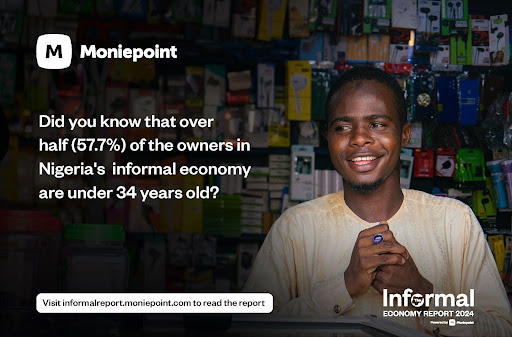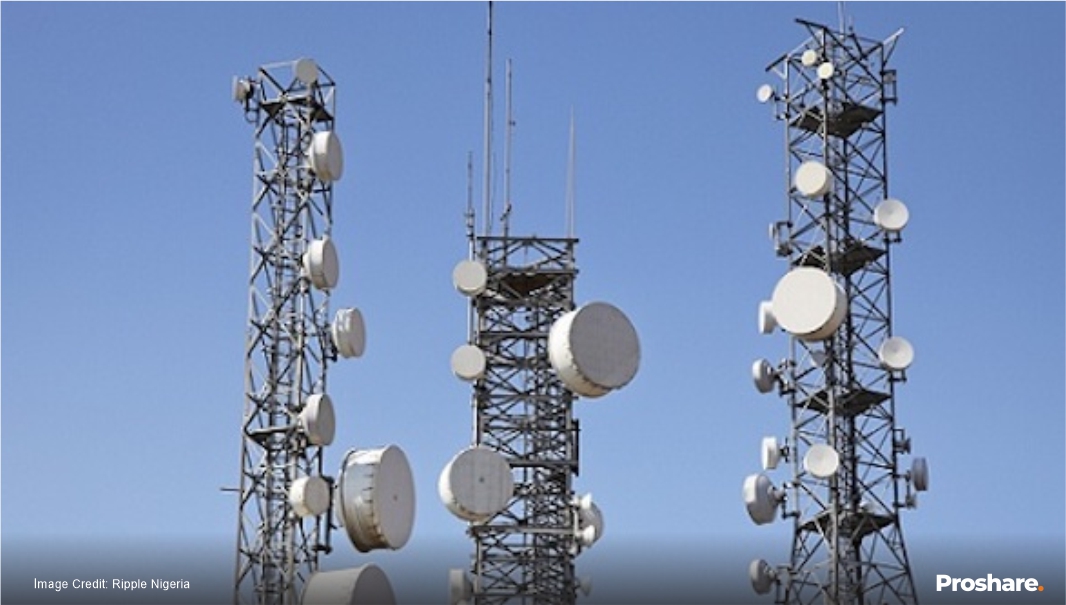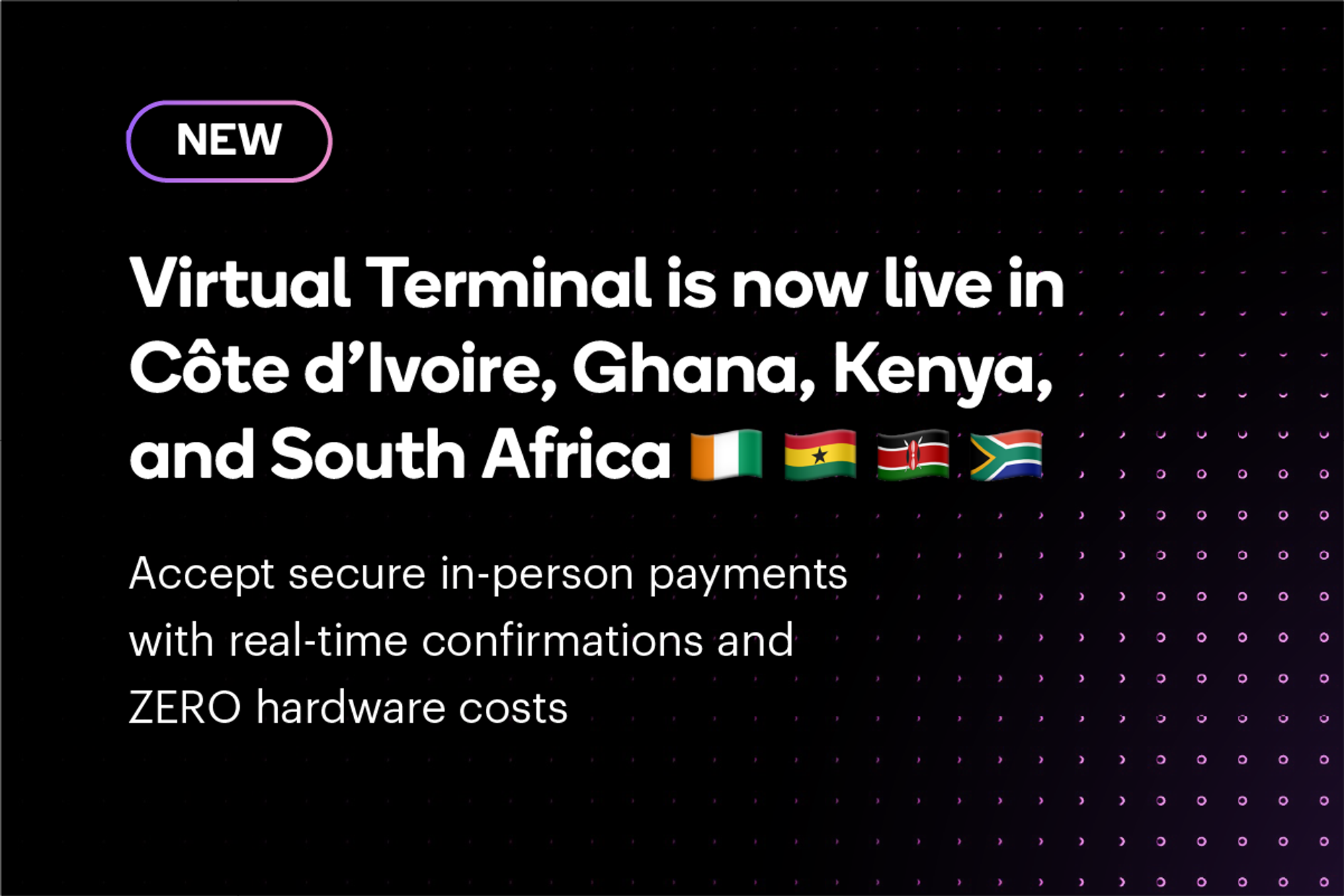

Good morning 
Welcome to the new and improved TC Daily.
Quite a few things have changed; can you spot them? Share a screenshot with me at timi@bigcabal.com, and tell me what you think about the new TC Daily.

Regulation
New Nigerian tax laws will regulate crypto industry, says FIRS

Nigeria’s tax regulator, the Federal Inland Revenue Service (FIRS), will introduce new tax laws in September to regulate the crypto industry.
In June, Nigeria started taxing users a 7.5% value-added tax (VAT) on all cryptocurrency transactions. The success with this likely prompted another go at implementing a broader tax system for crypto players.
But the big question here is: how is Nigeria supposed to tax an industry it has tried to suppress for so long?
In 2022, the crypto industry processed $20 billion worth of remittance inflows to Nigeria. These high volumes—susceptible to illegal trades as the government has noted—forced its hand to take some drastic measures.
That same year, the government implicitly banned all crypto activities in Nigeria and prosecuted Binance, one of the popular trading apps in Nigeria this year. In May 2024, it said it was coming for other peer-to-peer (P2P) exchanges that still traded the naira.
But this new regulation oversight suggests a growing reception toward crypto—or a fulfilment of its promise in May to tightly regulate the crypto industry.
The country’s Securities and Exchange Commission (SEC) has been active too in this regard: it increased the cost of running a crypto company in Nigeria and issued a directive for crypto companies and founders to operate physically in the country.
Dr. Zacch Adedeji, FIRS executive chairman, noted that it is better to regulate crypto in a way that is not “injurious” to Nigeria’s economy, rather than gaslight its undeniable plausibility to millions of Nigerians who use and trade it in hordes daily.
Read Moniepoint’s 2024 Informal Economy Report

Did you know that 57.7% of the business owners in Nigeria’s informal economy are under 34 years old? Click here to find out more about the demographics of Nigeria’s informal economy.
E-commerce
South Africa to charge flat rate for all e-commerce imports

E-commerce titans like Temu and Shein, known for their lightning-fast deliveries and budget-friendly finds, are about to feel the heat in South Africa. SARS, the country’s tax collector, is cracking down on these online shopping behemoths.
For years, these fashion-forward firms have been pulling a fast one. Previously, South Africa charged a 45% import duty and value-added tax (VAT) on clothing imports above R500 ($28) and 20% on smaller imports.
By splitting up big orders into tiny packages below R500 ($28), they managed to slip through a tax loophole, paying a fraction of what they should. This way, they paid only 20% import duty and 0% VAT.
But the party’s over. Starting September 1st, every piece of imported clothing, no matter how small, will be slapped with a 20% VAT. It’s like adding a price tag to every thread and stitch.
This move will be crucial to local businesses who have contended that Shein and Temu’s lower tax burden has contributed significantly to their market dominance. With Amazon’s recent entry into the South African market, the competition is heating up, and a more equitable tax environment could help local players compete more effectively.
Collect payments anytime anywhere with Fincra

Are you dealing with the complexities of collecting payments from your customers? Fincra’s payment gateway makes it easy to accept payments via cards, bank transfers, virtual accounts and mobile money. What’s more? You get to save money on fees when you use Fincra. Get started now.
Telcos
ATCIS pleads with NCC not to oblige telcos’ tariff hike request

CEOs of leading telcos operating in Nigeria say they are rethinking their current level of investment in Nigeria, owing to the high cost of doing business in the country.
If this sounds new to you, here’s the rundown of the situation:
- Telcos reported losses between 2023 and 2024 due to forex issues impacting their bottom line.
- The rising price of diesel and currency devaluation are contributing to telcos paying more money to operators to maintain cell towers.
- As a result, Nigerian telcos have been pleading with the Nigerian Communications Commission (NCC), asking for permission to increase voice and data tariff prices.
If telcos hike tariff rates by the 40% they are asking for, the 1.4 GB data plan on MTN that costs ₦1,000 ($0.63) will increase to ₦1,400 ($0.88).
Prices of goods in Nigeria have increased this year due to inflation. And telcos want to raise their prices in response to this market reality. If this happens, it is Nigerians that will bear the brunt, adding to the financial burden many already face.
However, some organisations are stepping in to plead on behalf of Nigerians. The Association of Telephones, Cable TV, and Internet Subscribers (ATCIS) opposed the hike, calling the plea made by telcos a “subtle blackmail”. ATCIS has also asked the NCC not to approve the tariff hike.
Ultimately, the NCC has the final say on this. But Nigerians may have to start budgeting a bit higher for monthly data subscriptions if telcos have their way.
Paystack Virtual Terminal is now live in more countries

Paystack Virtual Terminalhelps businesses accept secure, in-person payments with real-time WhatsApp confirmations and ZERO hardware costs. Enjoy multiple in-person payment channels, easy end-of-day reconciliation, and more. Learn more on the Paystack blog →
CRYPTO TRACKER
The World Wide Web3
Source:

|
Coin Name |
Current Value |
Day |
Month |
|---|---|---|---|
| $58,573 |
– 1.57% |
– 12.11% |
|
| $2,636 |
+ 1.22% |
– 22.94% |
|
|
$0.011 |
+ 6.29% |
– 31.23% |
|
| $143.02 |
+ 1.29% |
– 15.99% |
* Data as of 06:05 AM WAT, August 19, 2024.
Events
- Difficulties within Africa’s economic landscape have raised questions about the feasibility of building successful startups on the continent. Iyin Aboyeji, a Nigerian entrepreneur who co-founded two companies valued at over $1 billion before the age of 30, is now a prominent startup investor. He is one of the featured speakers at Moonshot 2024, joining other innovators and industry leaders working on groundbreaking solutions to Africa’s most pressing challenges. Save your seat at Moonshot! Get tickets here.
- Step into the Future with AWS Community Day West Africa 2024! Are you ready to be part of the revolution shaping the next era of tech? Join the trailblazers, visionaries, and innovators who are pushing the boundaries of what’s possible. This is your chance to connect, learn, and ignite your passion alongside the brightest minds in the industry. Don’t just witness the future—be a part of it on September 27th & 28th. Register today.

Written by: Faith Omoniyi & Emmanuel Nwosu
Edited by: Olumuyiwa Olowogboyega & Timi Odueso
Want more of TechCabal?
Sign up for our insightful newsletters on the business and economy of tech in Africa.
- The Next Wave: futuristic analysis of the business of tech in Africa.
- Entering Tech: tech career insights and opportunities in your inbox every Wednesday at 3 PM WAT.
- TC Scoops: breaking news from TechCabal
P:S If you’re often missing TC Daily in your inbox, check your Promotions folder and move any edition of TC Daily from “Promotions” to your “Main” or “Primary” folder and TC Daily will always come to you.

from TechCabal https://ift.tt/6tUWnTo
via IFTTT




Write your views on this post and share it. ConversionConversion EmoticonEmoticon